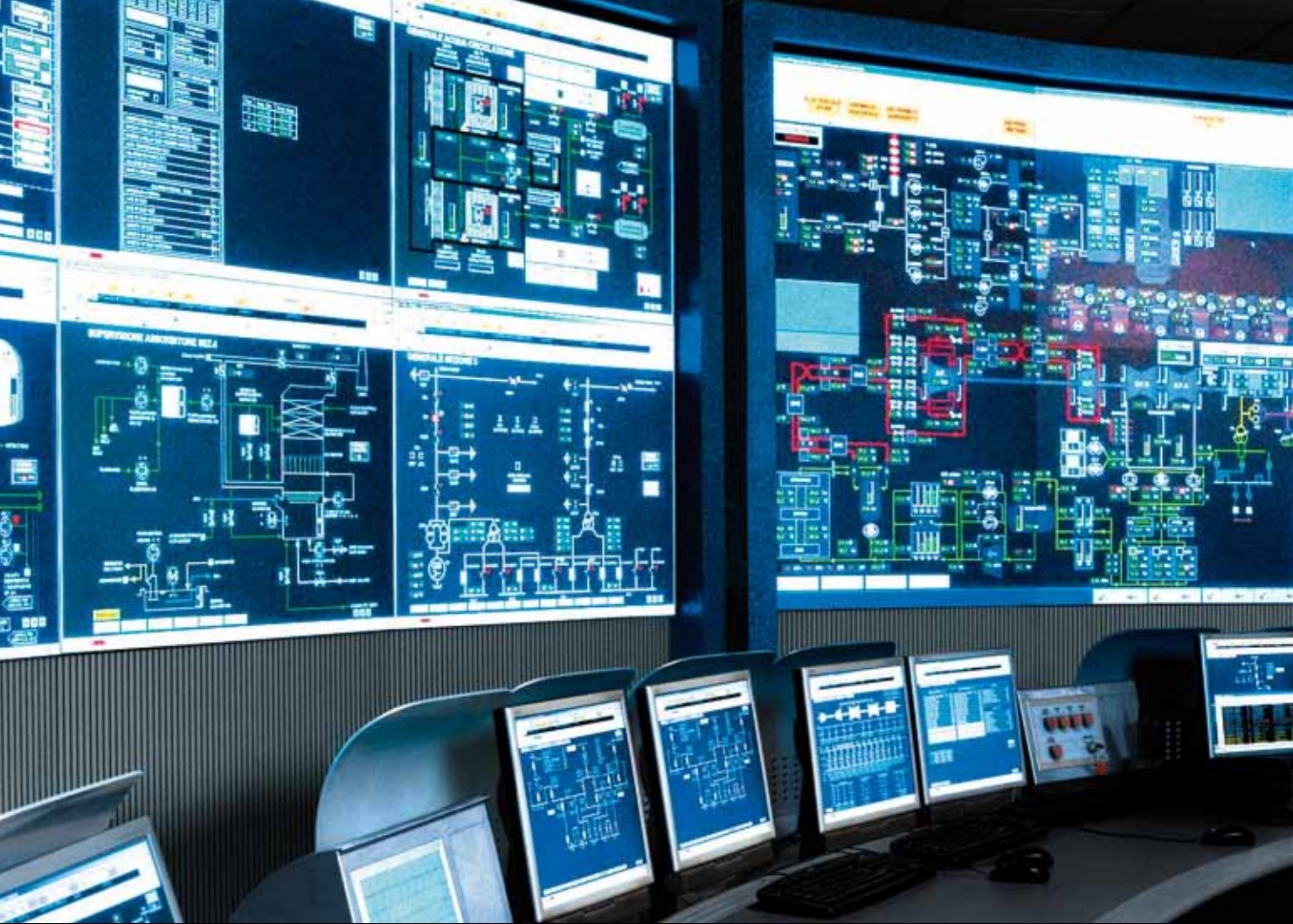Today’s workplace depends on automatic control to manage processes such as the arrangement of the flow of material, energy, or information, the control of temperature or pressure, or the control of time.
PLC System Integrators partners with businesses to make their automatic control systems as efficient and reliable as possible.
What is an Automatic Control System?
“Automatic control in which regulating and switching operations are performed automatically in response to predetermined conditions are also known as automatic regulation.” (ResearchGate)
Automatic control systems are used extensively in many biological and technical systems to accomplish operations that are not practicable for human operation because of the requirement of processing a large volume of data in a limited time. They are also used to boost the output of labor and the accuracy and quality of regulation. This frees human operators and from managing systems that operate under conditions that are somewhat inaccessible or harmful to employees’ health.
Automatic control is the method of mechanical work performed by a machine or its components or systems, which gives continuous control over the engine or machinery to produce a product. By means of several hydraulic or pneumatic valves, the operator may regulate or direct the flow or the pressure of liquids or gases. A single machine may also be made to function as a system, so that each motor or differentials can be set to a variable position, so that the entire mechanism will go through a process of controlled change as the result of the information from the mechanical sensors.
What are the Different Types of Automatic Control Systems?
Manual control systems are those in which the control of one or more variables is entirely performed by a human operator. Systems are categorized as “computer-controlled”, “manual controlled”, and “synthetic control”. These types of systems are known as “operating machines”, “control devices”, and “process automation”.
An important distinction is made between physical automatic control systems, such as control systems for the use of trains, ships, electric elevators, and so on, and electronic (e.g. digital) automatic control systems.
What Are Some Applications of Automatic Control Systems?
One of the most crucial applications of automatic control systems is in controlling the temperature of a building. Automatic control can be used to maintain the temperature in a room at the optimum temperature (70 degrees F) irrespective of changes in climate, location, or time of day.
As an essential element of Internet applications, automatic control has played an important role in the development of remote control of other systems, such as thermostats in commercial buildings and automatic dishwashers. To learn more about the specific use of automatic control systems in your business, visit Research Gate online.
Conclusion
While the underlying theory of automatic control is simple, PLC System Integrators understands the real-world application of such systems is simple.
Part of a consulting firm is to deduce the main ideas (i.e., congestion, gridlock, latency, conflict, conflict resolution). The key is to have someone guide your business through the implementation process and help you learn about the art of problem-solving.
A good system integrator can help you avoid the loss of time and resources that come from a trial-and-error approach.
